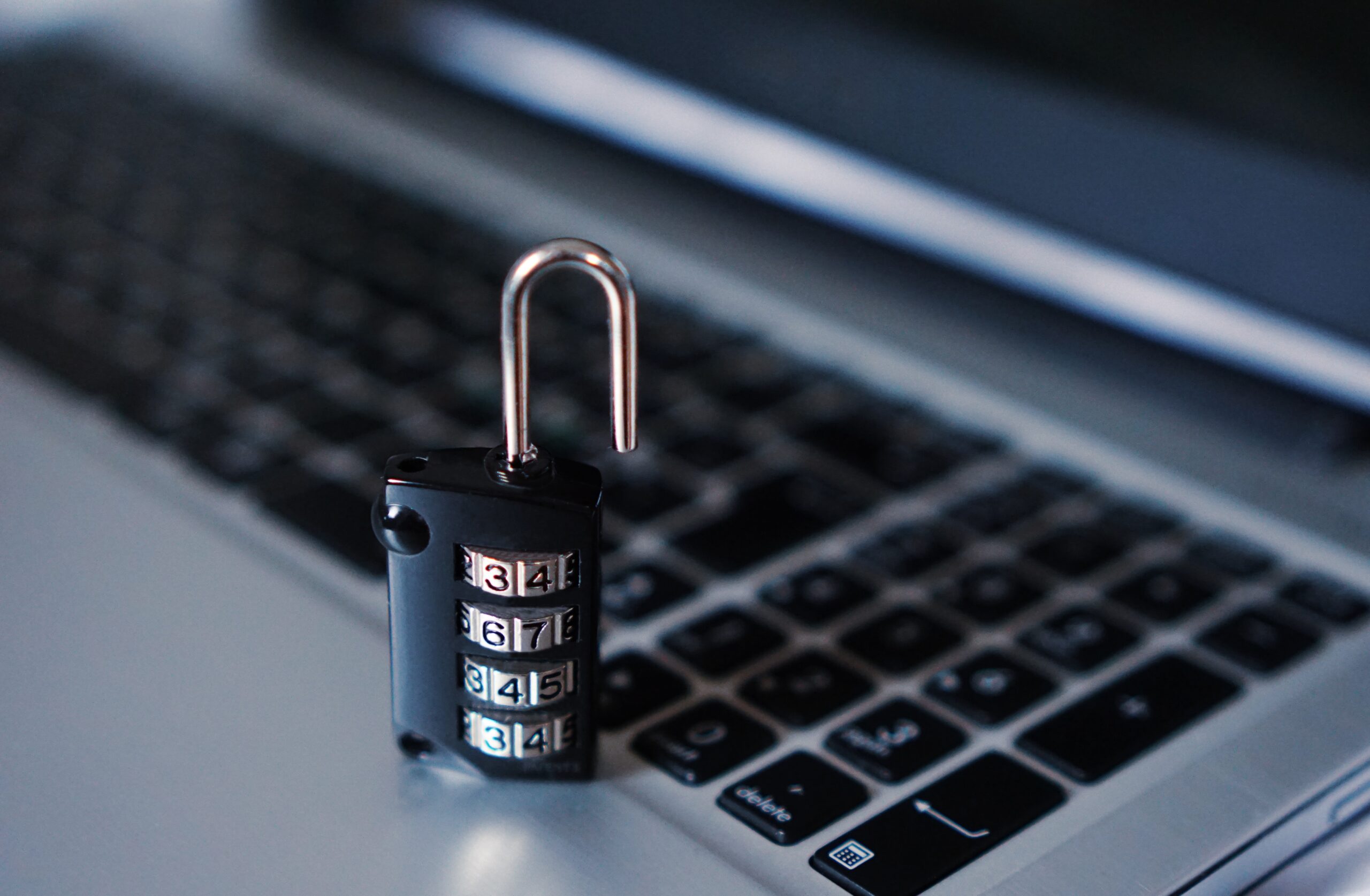Due to the extreme convenience that a computer offers, it is far too easy to entirely rely on the storing capabilities of its system without thinking about the risks and consequences that this step might entail. Sure, these are generally designed to be secure by the manufacturer and company that developed the design of this technology – although some may be more secure than others by default – but baseline security would always be prone to attacks as this could be considered as an invitation due to its gaping vulnerability.
It is essential to realize that security is a matter that should not be taken lightly, especially when it is your personal information, files, and data that is at risk of being accessed by malicious individuals – running the risk of having your identity stolen and your information utilized for illegal activities.
You could always ask the specialist in the shop where you bought your computer to secure your system beforehand. Still, you should also be aware of the various amenities that you could utilize to ensure your system and avoid any attacks from external malicious threats.
Use a Firewall
Considering that this might be the most notable security feature next to installing antivirus software, it is just imperative that we raise this one first. Your firewall essentially monitors the input and output of data from your computer, pinging any suspicious stream of data that might be indicative of external access or a malicious utilization of your data through your network. Modern Windows software would usually have this built-in, but you could always double-check in your settings to activate it.
Keep Everything Up to Date
Security updates are provided for a reason, and this is to ensure that any vulnerabilities of the operating system are consistently patched to make it more secure. Sure, there are instances that updates could cause errors, but securing your computer would go a long way in ensuring that your data is not going anywhere unauthorized.
Utilize Legitimate Antivirus Software
Although having antivirus software is already an instinct for many users, you should also ensure that your software is legitimate. It is not enough to have the software. Updates, patches, and most importantly, functionality would still trump everything else, especially convenience when it comes to security.
Strengthen your Passwords
Avoid utilizing the same password twice, as this might leave you prone to further vulnerabilities if one of your accounts was accessed. Always add a little bit of variation, especially when deciding your password for an account that contains substantial information about you.
Tread the Internet with Caution
The internet is undoubtedly a wonderful place that offers access to information in just a few seconds. However, it would help if you also remembered that not everyone on the internet is there with good intentions. The internet is like a double-edged blade – treading it lightly is the only way to ensure that you will not be exposing yourself to external sources’ attacks.
Avoid Piracy
Pirated files are not only illegal but might also be loaded with suspicious data that could be used as a means to access your system. Always avoid piracy to avoid the risk of exposing your computer’s vulnerabilities.

